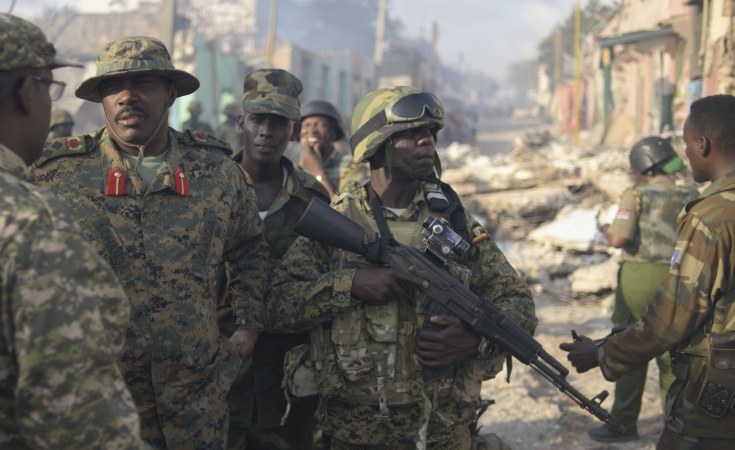The al-Qaeda-affiliated group Shabaab has claimed responsibility for a suicide car bombing targeting Djiboutian and Somali troops at a military base in central Somalia.
The blast marks the 14th such suicide bombing conducted by the insurgent group so far this year, underscoring the persistent threat it poses as African Union forces withdraw from the country.
The suicide bombing hit the Beledweyne headquarters of Djiboutian troops attached to the African Union Transition Mission in Somalia (ATMIS) in the Hiraan region.
The base was in the process of being transferred to the control of the Somali National Army (SNA) when Shabaab struck, killing at least four people, including three civilians and one Somali soldier. It remains unclear if any Djiboutian personnel were among the casualties, though Shabaab claimed to have killed and wounded over 29 individuals - a figure the group frequently inflates.
The timing of the attack is particularly significant, as it comes amid the gradual withdrawal of ATMIS forces from Somalia. Just days earlier, Ethiopian troops had handed over another base in Hiraan, while Kenyan forces transitioned another position in southern Somalia. This steady drawdown of the AU mission is part of a broader plan to end ATMIS' mandate by the end of 2023.
Striking the ATMIS base as it was being transferred to Somali control sends a clear message about Shabaab's continued strength in central Somalia, despite two years of intense military pressure in the region. The attack also underscores the fragility of the security transition as foreign forces depart the country.
"This suicide bombing is yet another harbinger of the future Somalia faces in a post-ATMIS space," said Caleb Weiss, an editor at FDD's Long War Journal and a senior analyst at the Bridgeway Foundation. "The African Union recognizes this threat and is actively working to produce a successor mission to ATMIS to continue providing much-needed security buffers to the Somali government in Mogadishu."
According to data compiled by FDD's Long War Journal, the latest blast marks at least the 14th suicide bombing carried out by Shabaab this year. While this total is exactly half the number of such attacks the group conducted by this time in 2022, it remains on par with Shabaab's annual averages from 2016 to 2021, when the group conducted around 30 suicide bombings per year.
As the ATMIS withdrawal continues and the security transition progresses, the Somali government and its international partners will face the daunting challenge of containing the persistent threat posed by Shabaab in the months and years ahead.


